コレクション a an the articles rules 159474-Articles a an the grammar rules
Definite and indefinite articles (the/a/an) Published on by Sarah Vinz Revised on English has two types of articles definite (the) and indefinite (a/an) You can improve the articles that appear in your dissertation by not using unnecessary articles with plural nouns,Articles are used to indicate whether a noun refers to a specific or a general item There are two types of articles, definite and indefinite However, in your choice about whether to use an article, or which one to use, you have four possible choices 'a', 'an', 'the' or 'no article' 'a' and 'an' are Indefinite Articles and 'the' is known asUnlike other languages that use masculine and feminine articles, English uses three articles to identify nouns a, an, and the The is a definite article that refers to a specific item, while both a and an are indefinite articles for singular nouns When the noun is plural, a or an can change to some These are the only four indefinite articles in the English language

The Article Part 1 Articles Indefinite A An
Articles a an the grammar rules
Articles a an the grammar rules-Check your answers here 1 a boy 2 an animal 3 a doctor 4 an honest girl 5 an egg 6 a piece 7 an old hairbrush 8 a large country 9 an English dictionary 10 An appleArticle Rules for the definite article 'The' Rule 1 – The very basic rule of the article says that the article 'the' is used before a singular or plural noun, which is specific It indicates a particular thing/s or person/s in case of a common noun Example
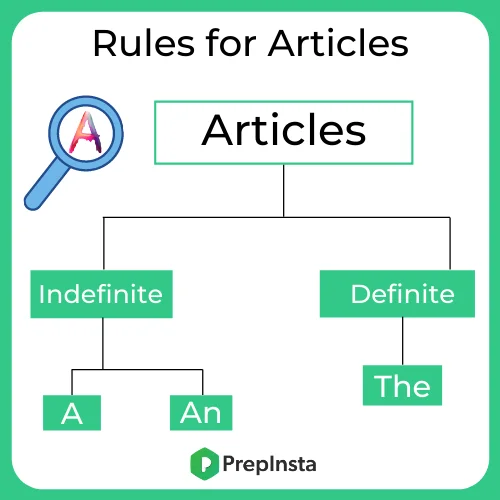



Rules For Articles Prep Insta
1 Indefinite articles cannot be used with plural nouns 2 You can use quantity words some and any – Use any for negatives and questions where you doubt what youfor negatives and questions where you doubt what you re're asking for He doesn't show any remorse for what he saidOne such rule is the one concerning whether to use a or an as an indefinite article ("the word a or an used in English to refer to a person or thing that is not identified or specified") Some people feel strongly that words like 'historic' and 'historical' should be preceded by 'an', not 'a'What about the indefinite article and plural nouns?
Following are the three specific rules which explain the use of definite and indefinite articles Rule #1 Specific identity not known Use the indefinite article a or an only with a singular count noun whose specific identity is not known to the reader Use a before nouns that begin with a consonant sound, and use an before nouns that begin with a vowel soundIn this lesson, learn the 7 rules for using articles in English correctly Also see MOST COMMON MISTAKES IN ENGLISH & HOW TO AVOID THEM https//wwwyoutub10 ___ apple a day keeps the doctor away!
Teaching articles is economical as teaching articles can be easily done by directing the learners to the rules of grammar in the handouts prepared by the teachers or referring the learners to the grammar sections of a reference book Teaching the grammar articles solely by the teachers is not an easy attempt, henc Teaching grammarThe indefinite article rules This article is about the correct usage of the indefinite articles 'an' and 'a' A common grammar misconception is that the article 'an' is used before words that begin with a vowel (a, e, i, o, u), while the article 'a' is used before allIn part 3 of the English Articles Tutorial, we finish up our list of 25 articles usage tipsHere, we take a look at some of the exceptions and more advanced topics relating to the use of A(AN) and THE




Indefinite Articles A Or An Rules And Practice I Abcteach Com Abcteach




German Definite And Indefinite Articles German With Laura
Don't Use "a," "an," or "the" with a plural count noun when you mean "some of many things," "any," "in general" Movies are entertaining (some movies;Articles with Countable and Uncountable Nouns Notice that we use the indefinite article a/an ONLY with singular countable nouns a dog, an egg, a very big man, an extremely delicious meal By contrast, we can use the definite article the with ALL nouns the dog, the eggs, the big men, the music, the food, the red wine It is sometimes also possible to have no article at all—the soWhat is an Article?




Master The Spanish Definite And Indefinite Articles In 10 Min



Learn How To Use The Articles A An The And Practice With These 2 Worksheets Juicy English
The rule is really very simple It depends on the SOUND at the start of the following word (It does not depend on the way we WRITE the following word, it depends on the way we SAY it) a consonant SOUND If the following word starts with a consonant SOUNDGet definitions of definite and indefinite articles Learn the rules through examples for how to use them correctly to help you avoid misuseMovies in general) She likes men (in general) Title Use "a" or "an" if the title is not a specific title a president




Rules For Using Articles Learn English Online Facebook
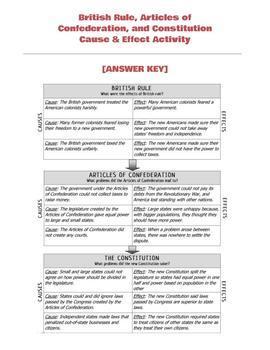



British Rule Articles Of Confederation And Constitution Google Activity
A quick overview of general rules for how to decide which article is correct A reading with an explanation for each article in the text so you can see clearly the how and why we use articles Two practice opportunities Finally, I know this lesson is heavy It is a lot of information So take your time Grammar Articles a, an, or the 1 oxford practice grammar articles (1) a , an , or the #49 2 first, let's compare a and an oxford grammar practice #49 3 we use a before words which begin with consonants (b,c,d,f) oxford grammar practice #49 4 a doctor a big car a girl oxford grammar practice #49In this lesson we assume you know all the basics about articles but when to use A, An, The and no article can be problematic Here we focus on the rules for
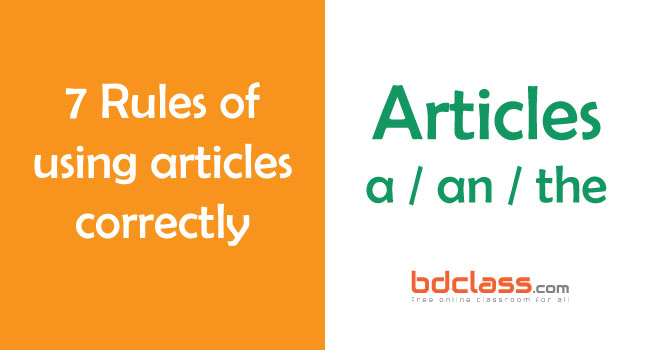



7 Easy Rules For Using Articles In English Correctly class
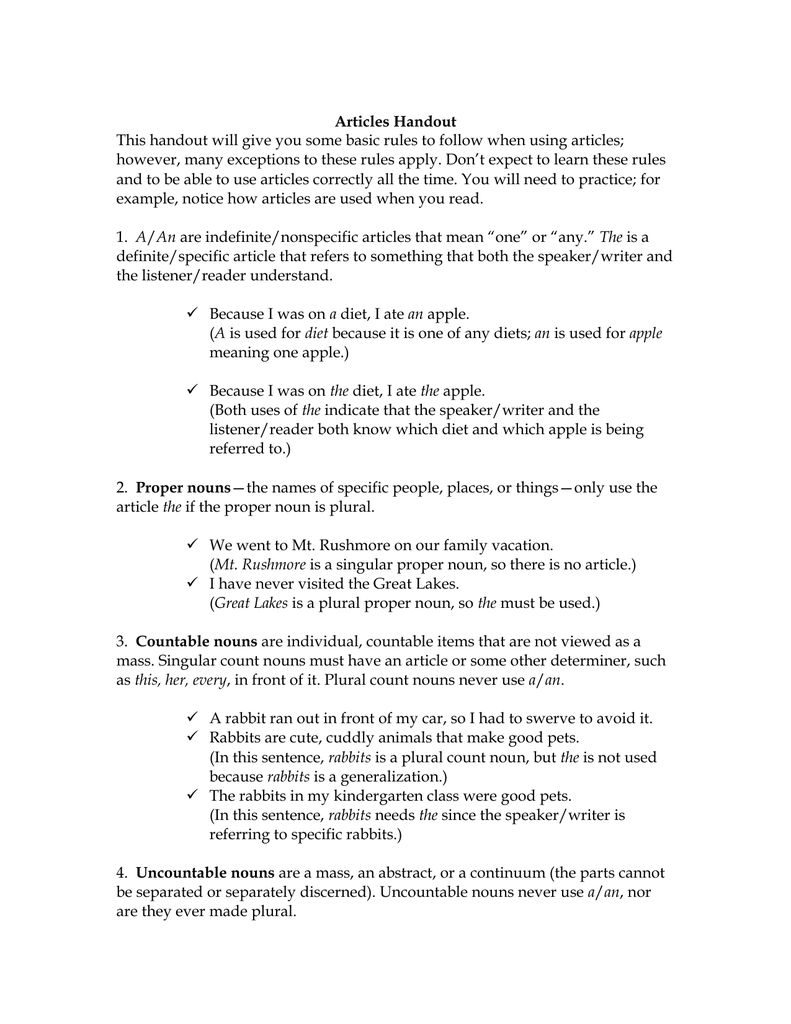



Articles Tutorial
Articles Worksheet Download ArticlesWorksheetEnglishcurrentdoc (with answers) Instructions Put the correct article (a, an, the, or nothing) into the paragraphs below If an article is not needed, then select the blank option Students, if you'd like to study the rules of English articles, then please read my explanation for beginnerIndefinite Articles n/the 5 6 Articles Worksheet 6 7 A / An / Some Other rules for using these articles include Use the indefinite article "a" when referring to a single, nonspecific object that begins with a consonant She has a dog I work in a factory Use the indefinite article "an" when referring to a




Articles English Study Online




Indefinite Articles A An And Zero Worksheet
An The two indefinite articles in English are a and an The indefinite article an is used to make pronunciation easier when reading a text aloud The general rule is to use a when the indefinite article precedes a word beginning with a consonant sound and an when it precedes a word starting with a vowel soundIf the first letter would make a consonanttype sound, you use "a"Article Rules The three articles in English are a, an, and the ü The articles "a" and "an" are indefinite articles The article "the" is known as the definite article Usage ü There are two types of nouns countable and noncountable Countable
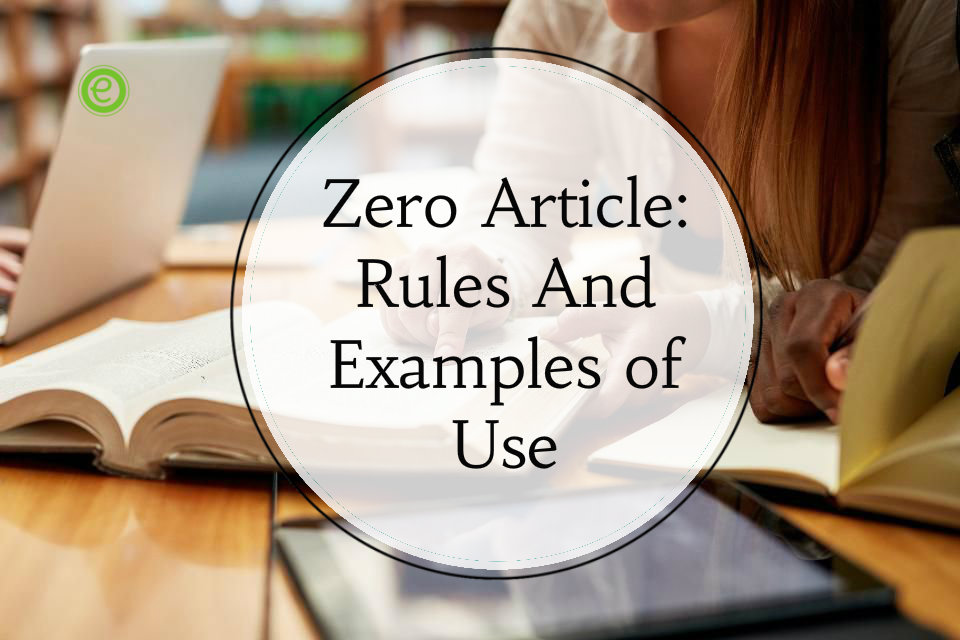



Zero Article Usage Rules With Examples Englishbix




Rules Of Using Articles With Examples Easy Learn Vk Study
This is a simple list, but understanding it and remembering it is crucial to using articles correctly Rule # 1 Every time a noun is mentioned, the writer is referring to All of them everywhere, One of many, or This one exactly Rule # 2 Every kind of reference has aAn article is a word that is used before a noun to show whether the noun refers to something specific or not A , an and the are articles Click Here for StepbyStep Rules, Stories and Exercises to Practice All English TensesCountable vs uncountable nouns To use articles correctly, you must first be able to recognise if the noun is countable or uncountable (U) Countable nouns can be plural essay, essays;
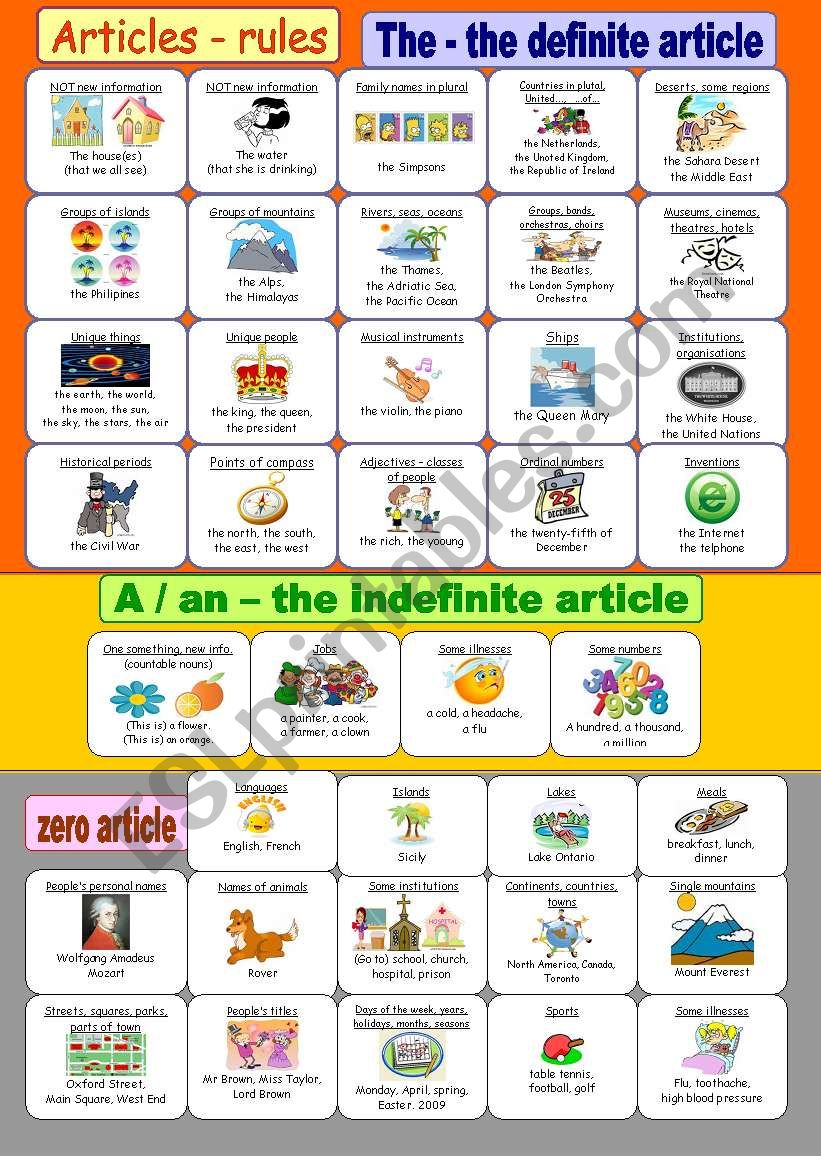



Articles Rules Esl Worksheet By Marta V




Identification And Selection Of Articles For Clinical Prediction Rules Download Scientific Diagram
The rule also applies when acronyms start with consonant letters but have vowel sounds For example She is an MBA (Master of Business Administration) When/If the noun is modified by an adjective, the choice between "a" and "an" depends on the initial sound of the adjective that immediately follows the article For example a beautifulHere are the basic rules for when to use "A, An or The" a = indefinite article (not a specific object, one of a number of the same objects) with consonants Eric has a dog Neil works in a factory an = indefinite article (not a specific object, one of a number of the same objects) with vowels (a,e,i,o,u)When the listener knows what you are referring to (maybe because there is only one of that thing) You use an(not a) when the next word (adverb, adjective, noun) starts with a vowel sound Note The above rules apply whether there is or there is not an adjective in front of the noun




A An The Articles In English Youtube
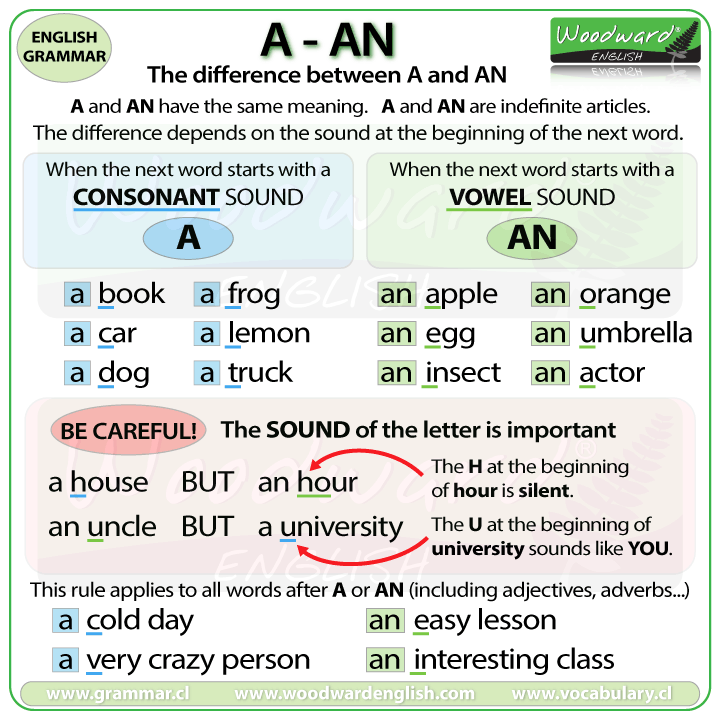



Articles Definite Indefinite And No Article English Grammar
A/AN Lesson on Articles WHEN TO USE A Use a if the next word begins with a consonant SOUND This is a sound rule, NOT a spelling rule a b ox a c at a u niversity ( u niversity begins with a consonant sound) a u nicorn ( u nicorn begins with a consonant sound) a E uropean trip ( Eu ropean begins with a consonant sound)Child, children Uncountable nouns are generally singular research, information, weather Check if a noun is countable or uncountable (U) using a dictionarySome Rules using Articles Singular count nouns indefinite use 'a' definite use "the" My daughter wants to buy a dog this weekend (IndefiniteCould be any dog) The dog in the backyard is very cute(DefiniteThe one in the backyard) He requested a puppy for his birthday He wanted the puppy he played with at the pet shop




The Article Part 1 Articles Indefinite A An




Proper Use Of Articles In English Grammar For Writing Papers
A and AN are called indefinite articles "Indefinite" means "not specific" Use A(AN) when you are talking about a thing in general, NOT a specific thingThe choice of article is based upon the phonetic (sound) quality of the first letter in a word, not on the orthographic (written) representation of the letter If the first letter makes a voweltype sound, you use "an";Indirect article a / an a if the first letter of the following word is pronounced like a consonant example a car, a university an if the first letter of the following word is pronounced like a vowel example an apple, an hour Exercise on indirect articles Exercise on direct articles Plural general rule singular form s example



Articles Esl Printable Worksheets And Exercises




Rules Of Articles In English Grammar Pdf
Using Indefinite Article a & an Rule 1 A common noun in the singular number always requires an article before it But a plural common noun does not require an article always A plural common noun can have the article 'the' if we want to particularise that noun Example I saw a snake (Refers to a random snake) I saw snakes in a zooAn article appears before the noun it accompanies There are two types of articles Definite article the Indefinite article a, a General rules Place the article before the noun eg, the house the cat a dog a book Place the article before the adjective when the noun is modified by an adjectiveThe indefinite article is a or an But how do we know when to say a and when to say an?




5 Advanced Rules To Use Articles An An The Correctly Mistakes With Articles English Grammar Youtube




Pin On English
Articles can be confusing, especially for nonnative English speakers whose mother tongue does not contain an equivalent Here is a summary of the basic rules Use the definite article the with specific nouns Use the indefinite article a or an with nonspecific nouns Use a before words that begin with a consonant or vowel that sounds like a




Three Rules For Using Articles V 1 1 English Esl Worksheets For Distance Learning And Physical Classrooms




Article Usage Rules Pdf U Se F A Rt Ic Le S O Pa R T 1 A To Exn U S E O F T H E In D E F
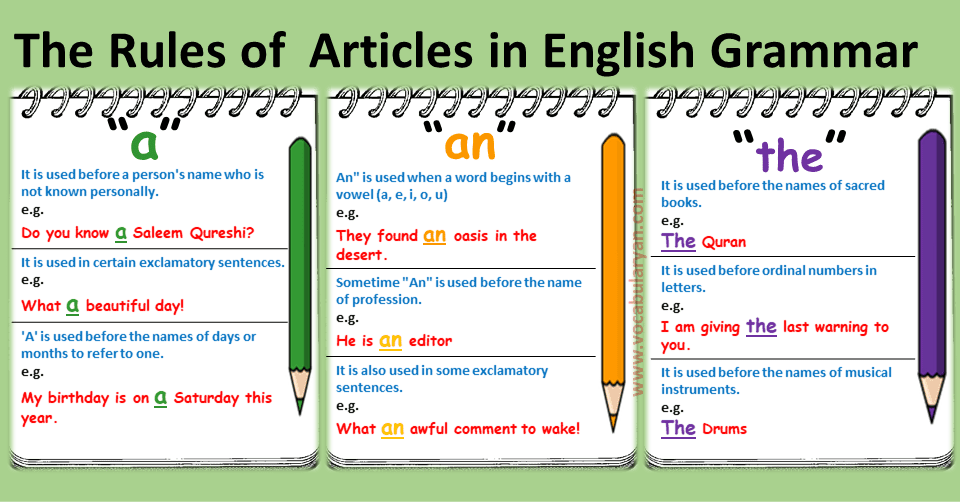



The Rules Of Articles In English Grammar With Examples Vocabularyan




Rules Of Using The Articles In English Grammar With Examples Pdf Mechmass




Rules For Articles Prep Insta




Elt Concourse Teaching The Article System
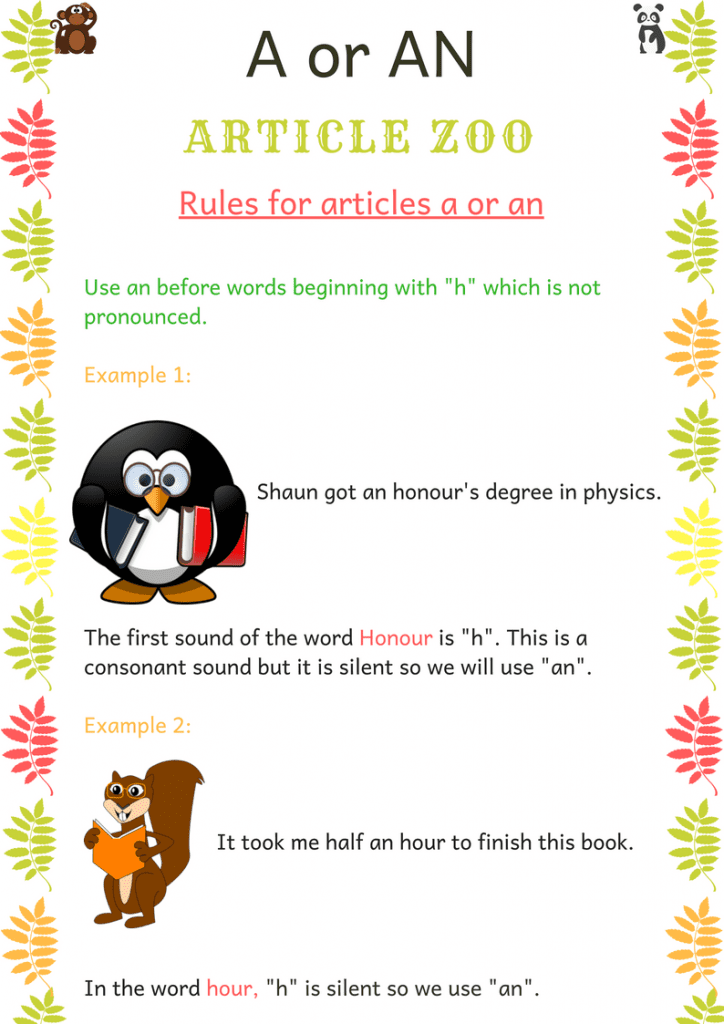



A Walk Through Articles Zoo Using Articles A Or An The Mum Educates




Pin On English Grammar




How To Use The In English Rules For Using Articles




Articles In Grammar Useful Rules List Examples 7esl



3
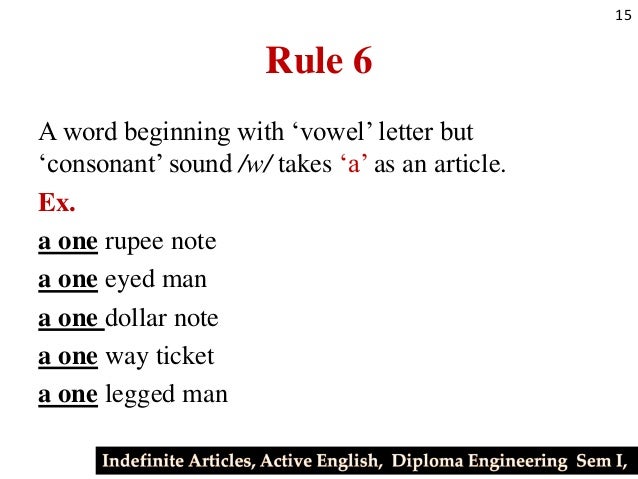



Articles




8 Rules For Using The Article The In English By Vikramjit Singh Issuu



Therewasamoocow Types Of Law Review Articles 69 Reddit L Rev 4 21 R Lawschool




Master Definite And Indefinite Articles In English Grammar With These 5 Tips Luca Lampariello
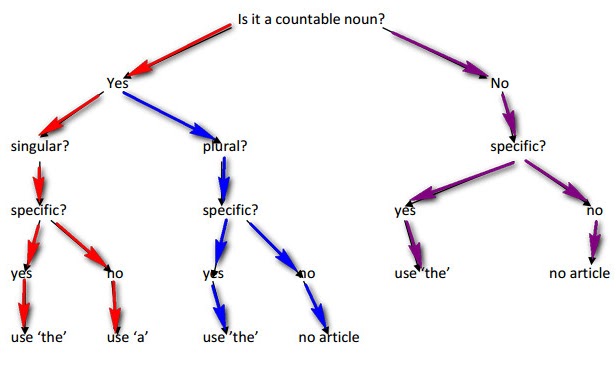



Rules For Using A An The Or No Article Learn Perfect English Grammar




Articles In English Grammar Rules Exercises And Answers Suggestive English




Simplified Articles Chart




Articles Grammar Rules Worksheet For Kids Pdf Worksheets Engworksheets
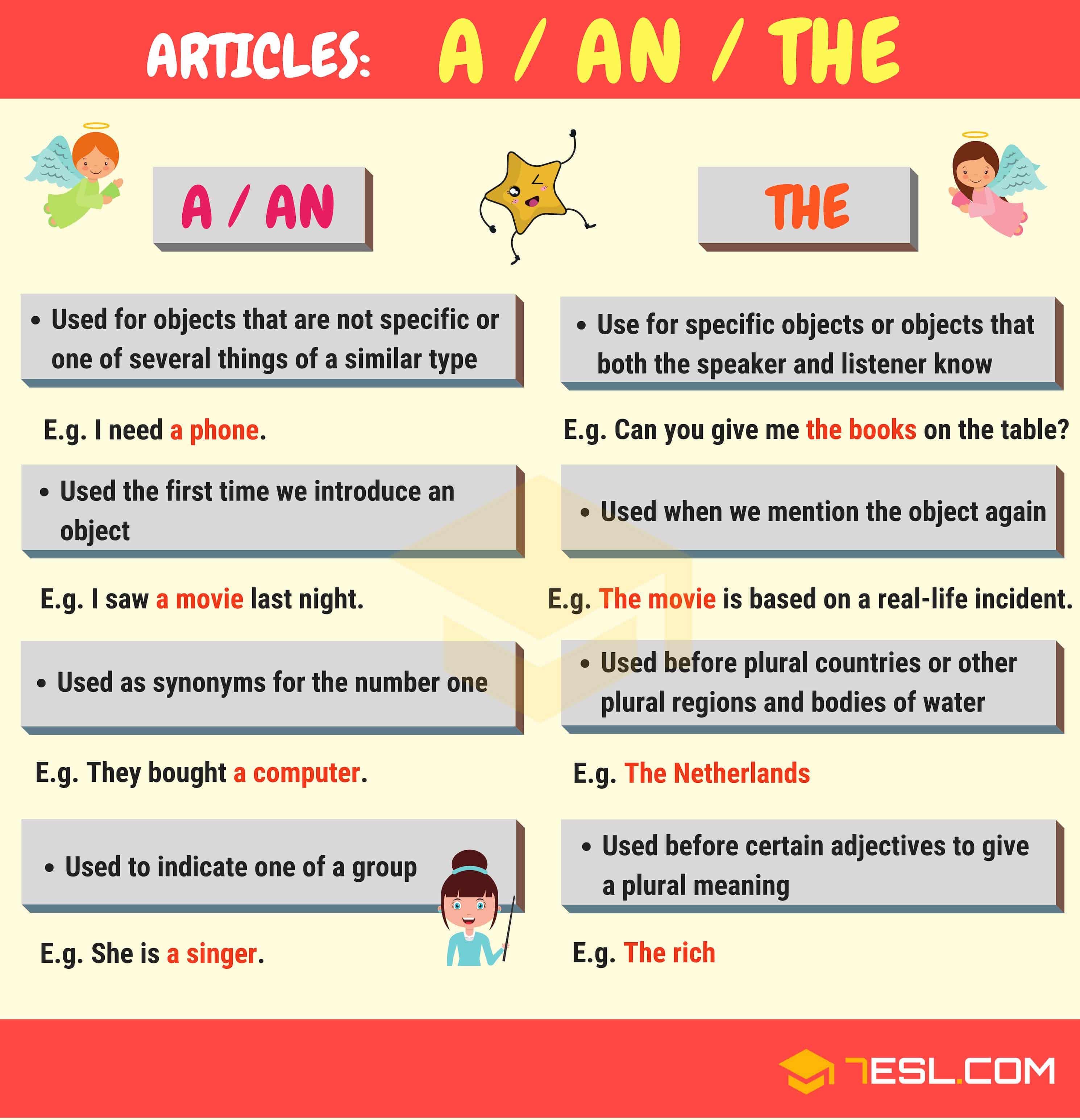



Articles In Grammar Useful Rules List Examples 7esl




The Definite Article The In English Grammar Rules Eslbuzz Learning English




Rules For Using English Grammar Articles A And An Your Info Master




German Definite And Indefinite Articles German With Laura




When To Use No Article In English With 7 Useful Rules 7esl




Indefinite Articles A And An Rules And Exceptions Teaching Resources
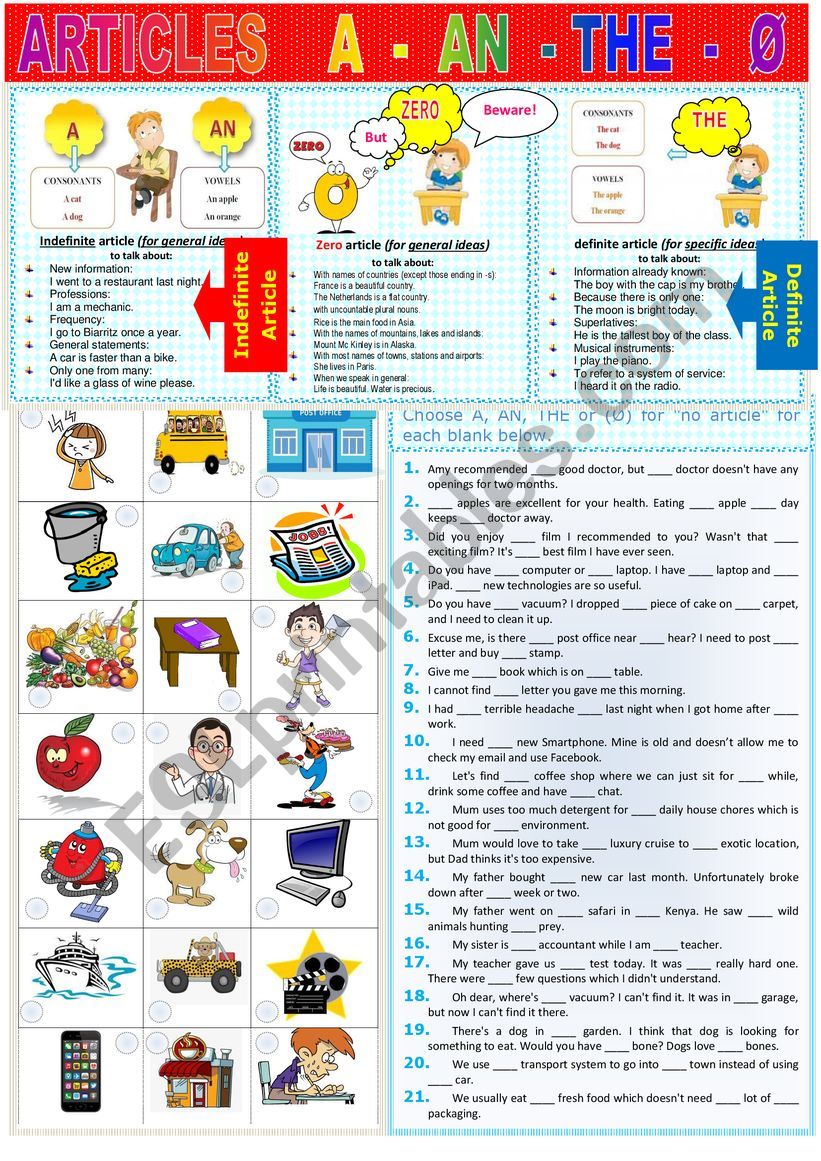



A An The Or Zero Article Basic Rules Practice Key Esl Worksheet By Karagozian
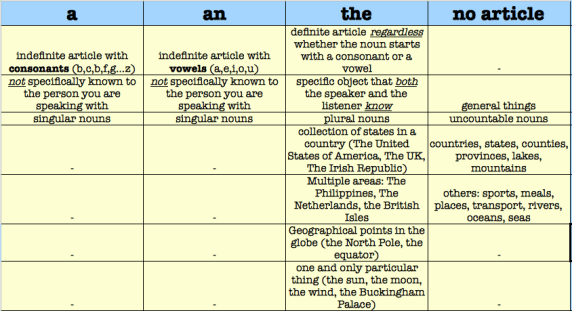



Rules For Articles English Study Material Notes




Articles In Grammar Useful Rules List Examples 7esl




Articles Rules Study Aid Tefllessons Com Esl Resources
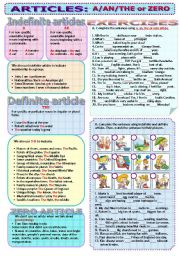



Indefinite And Definite Articles Esl Worksheet By Chrysty1477




Agreement Of Articles And Adjectives Remember Rule They Dictate What Gender Feminine Masculine And Number Singular Plural The Articles And The Adjectives Ppt Download




Articles Types Rules Uses Basic Fundamental Concept For Study Click
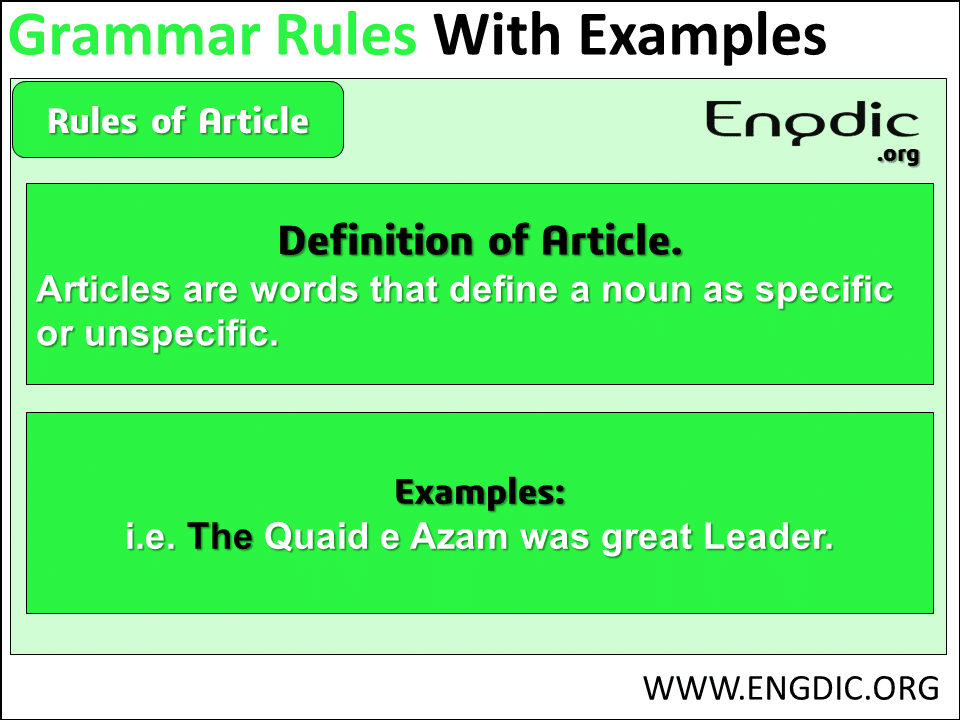



English Grammar Rules Of Article Common Mistakes Related Articles




Definite Article English Esl Worksheets For Distance Learning And Physical Classrooms




A An The Articles In English Grammar Article Types Rules Uses With Examples In Bangla Youtube




Articles In Grammar Useful Rules List Examples 7esl



Articles
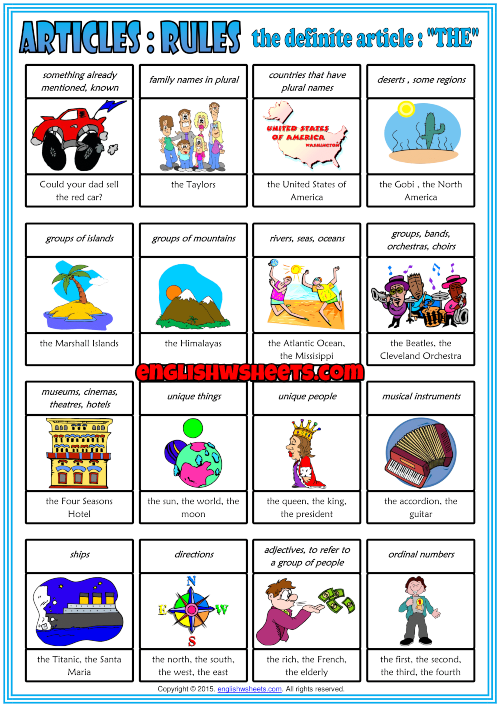



The Definite Article Esl Printable Classroom Poster For Kids




Articles In English Grammar Rules Exercises And Answers Suggestive English
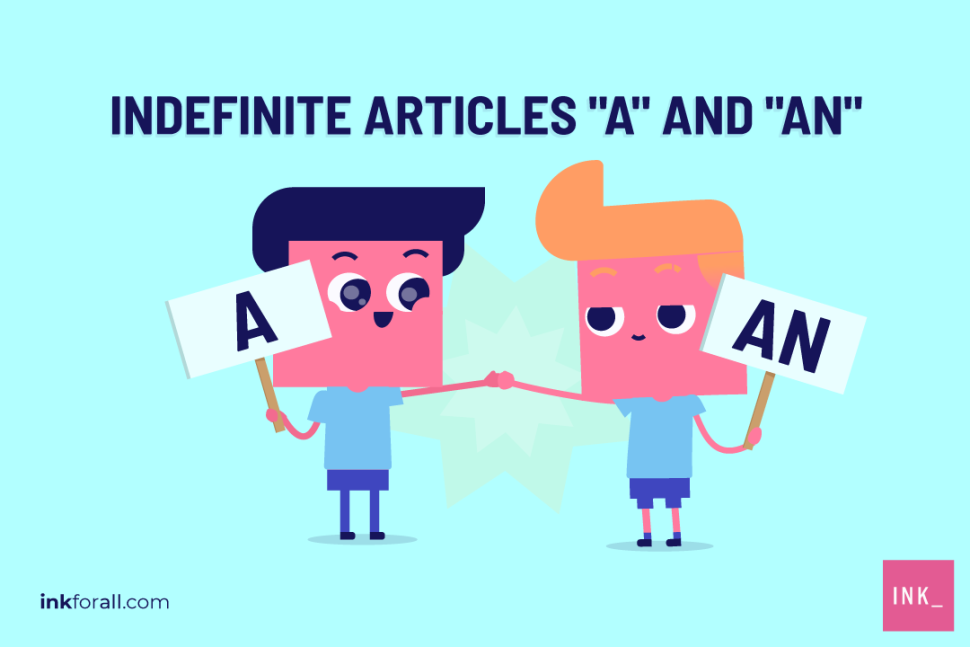



A Complete Guide To Using Indefinite Articles A Or An Ink Blog
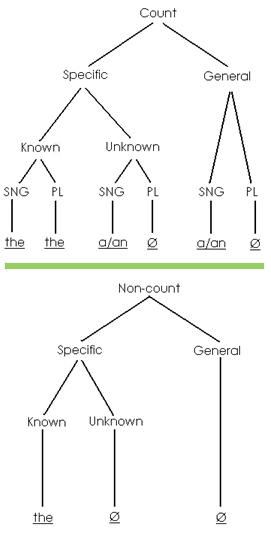



Rules For Selection Of Articles Sea Supporting English Acquisition




Articles A An The Rules With Examples In English Grammar Teachmatters




Basic Rules Of The Articles Online Presentation



Englishtsuid1101 Articles In English




14 Rules For Usage Of Definite Article Examples The
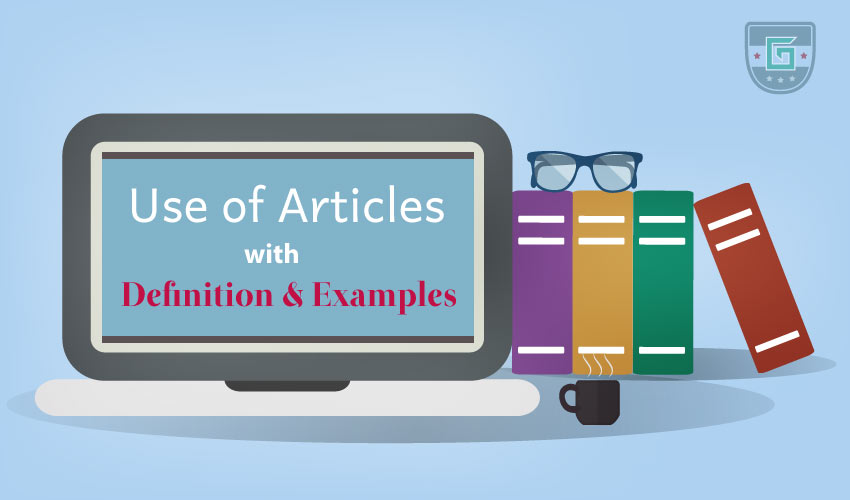



Rules Of Using Articles With Examples Learn English




Articles Definite Indefinite And No Article English Grammar



Articles Grammar Rules English Grammar Class 6 Sharya Academy




Types Of Articles Rules For Use Skultech




Master English Articles A An And The Infographics Video




Article A An The English Esl Worksheets For Distance Learning And Physical Classrooms




7 Articles Indefinite And Definite The Rules Of
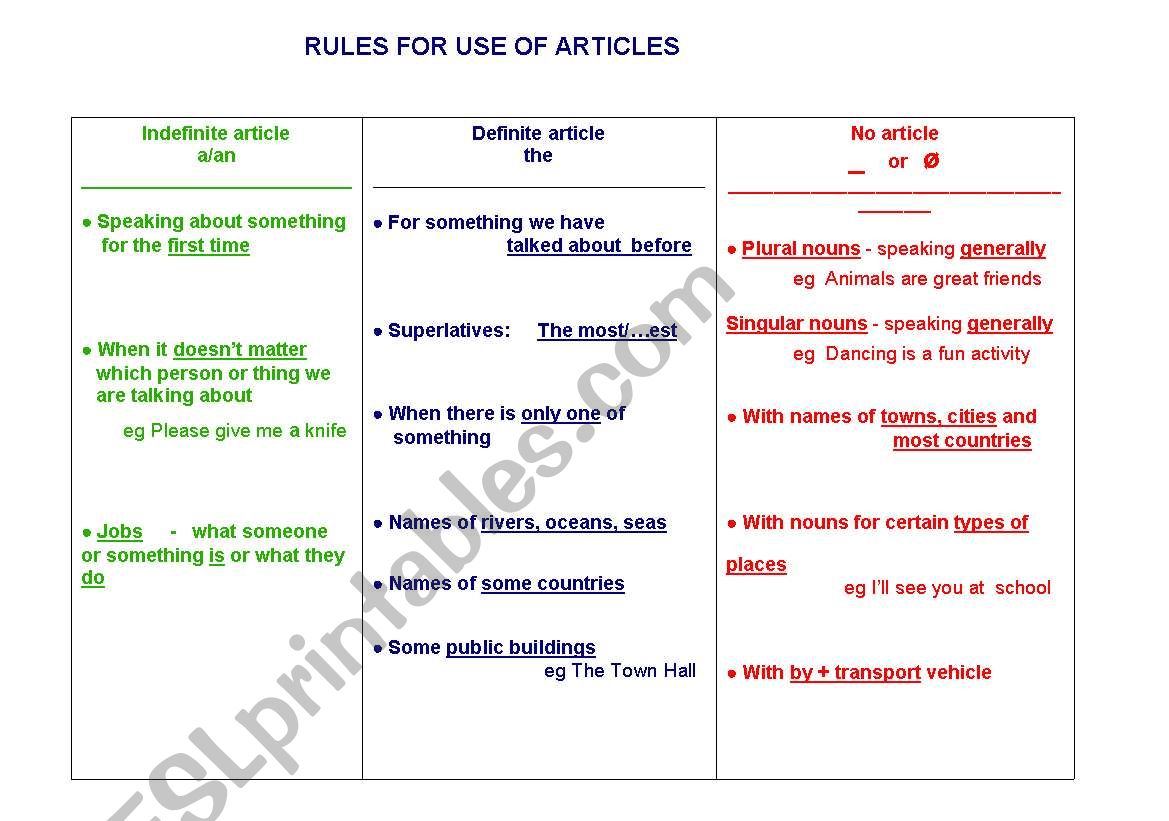



Rules For Use Of Articles Esl Worksheet By Caroline2




Articles Worksheets And Online Exercises




Articles In English Grammar Rules Exercises And Answers Suggestive English
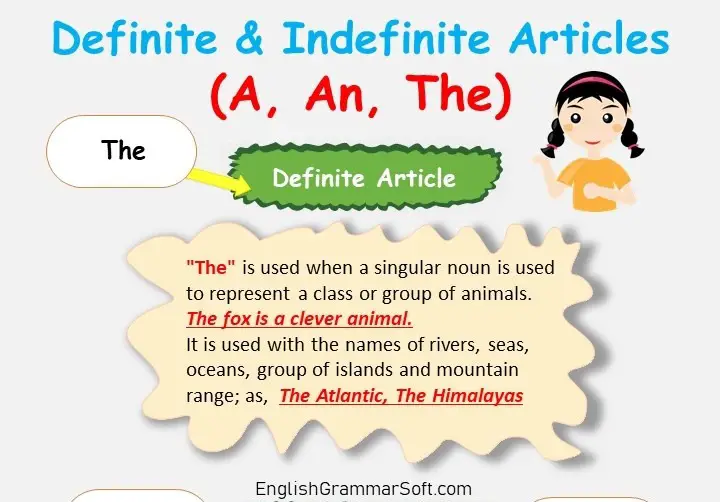



Definite And Indefinite Articles A An The Definition Examples Rules Englishgrammarsoft




Basic Rules About Articles Use A An When You Mention Somebody Or Something For The First Time But If It Has Been Mentioned Before Use The Don T Use An Ppt Download
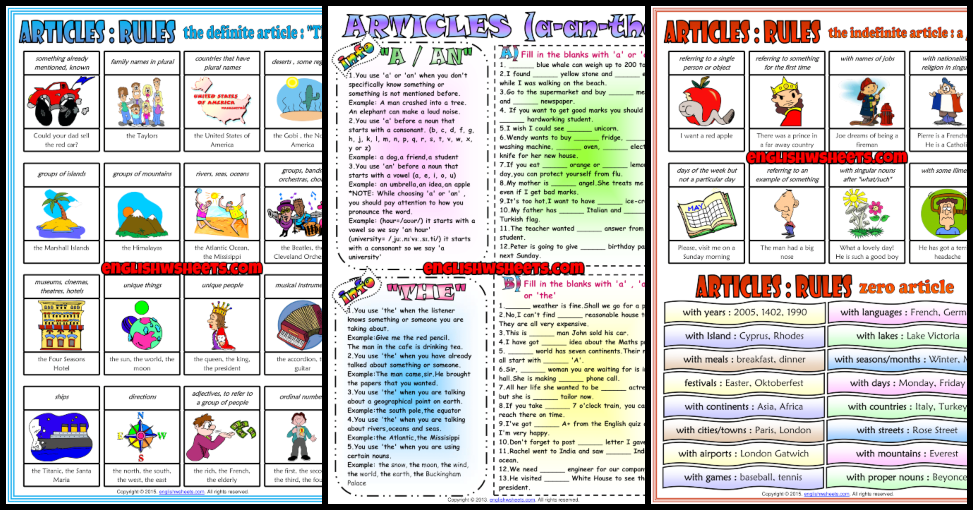



Articles Esl Printable Worksheets And Exercises




Indefinite Articles A Or An Worksheet Containing Exceptions To The Rule English Esl Worksheets For Distance Learning And Physical Classrooms




Articles A An The Lesson 1 7 Rules For Using Articles Correctly English Grammar Youtube




11 Key Rules For Using English Articles The English Bureau
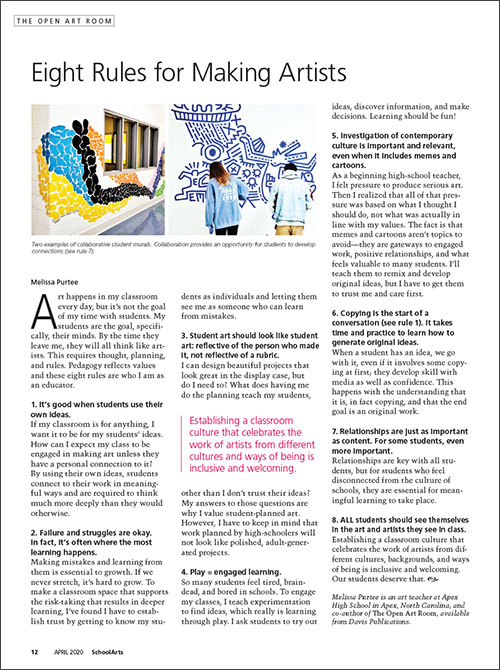



Articles Free Resources Davis Publications



Articles




11 Key Rules For Using English Articles The English Bureau
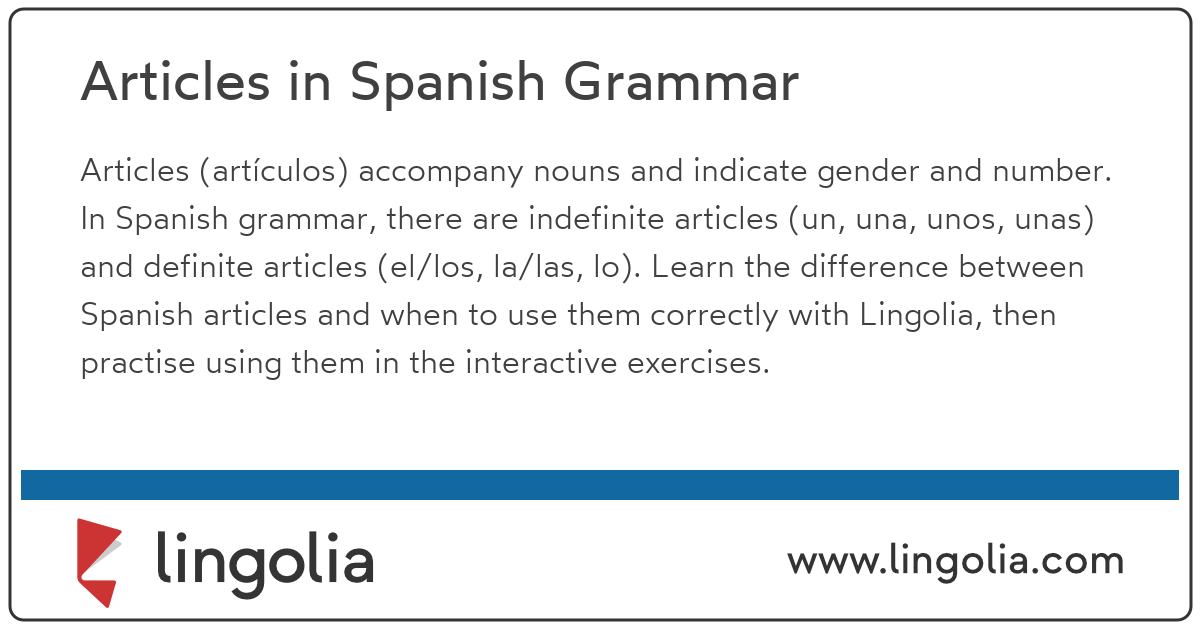



Articles In Spanish Grammar



1




Click On Spelling Article A N Rule Exception




English Sages Plural Nouns And Indefinite Articles Rules




Pin On Learn English




The 11 Rules Of Articles British School Of English Facebook




Article A An The English Esl Worksheets For Distance Learning And Physical Classrooms




A Complete Guide To Using Articles In English Grammar Esl Advice




A Walk Through Articles Zoo Using Articles A Or An The Mum Educates




Pdf Rules Of Thumb For Writing Research Articles Semantic Scholar




Articles In Grammar Useful Rules List Examples 7esl
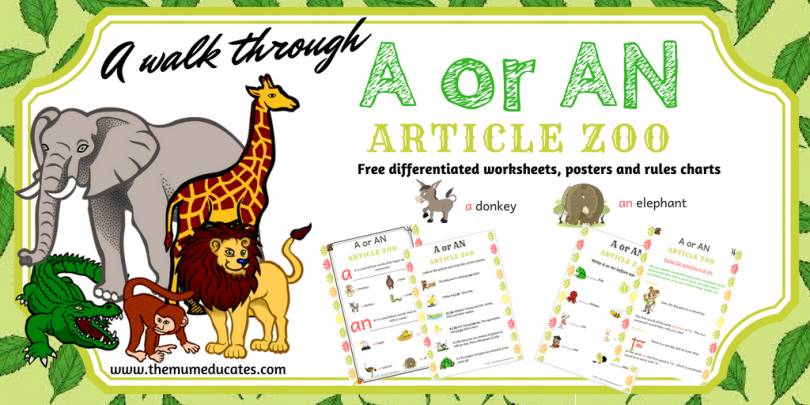



A Walk Through Articles Zoo Using Articles A Or An The Mum Educates
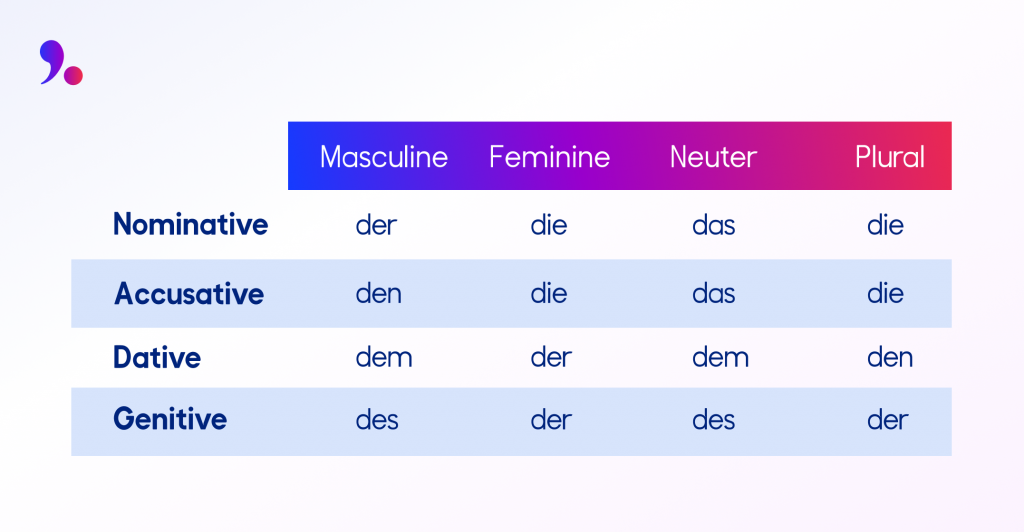



The Best Tips And Tricks To Learn German Articles Der Die Das Lingoda




Article Part 30 Rules Of Articles In English Position Of Articles Rules In English Rule 21 Youtube
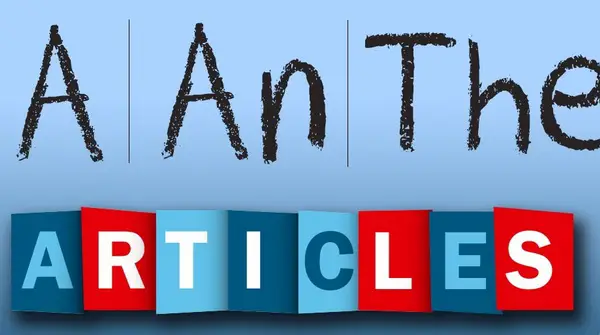



Learn English Grammar 9 Rules Of Article A An The Or Thee




Articles Advanced Usage English With Lee



English Grammar A An And The Articles Prepodavatel Anglijskogo Yazyka
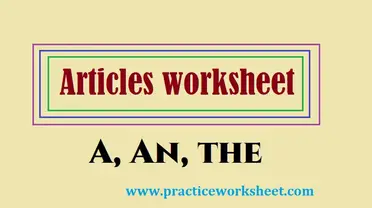



Articles Rules And Articles Worksheet With Pdf Practice Worksheet
コメント
コメントを投稿